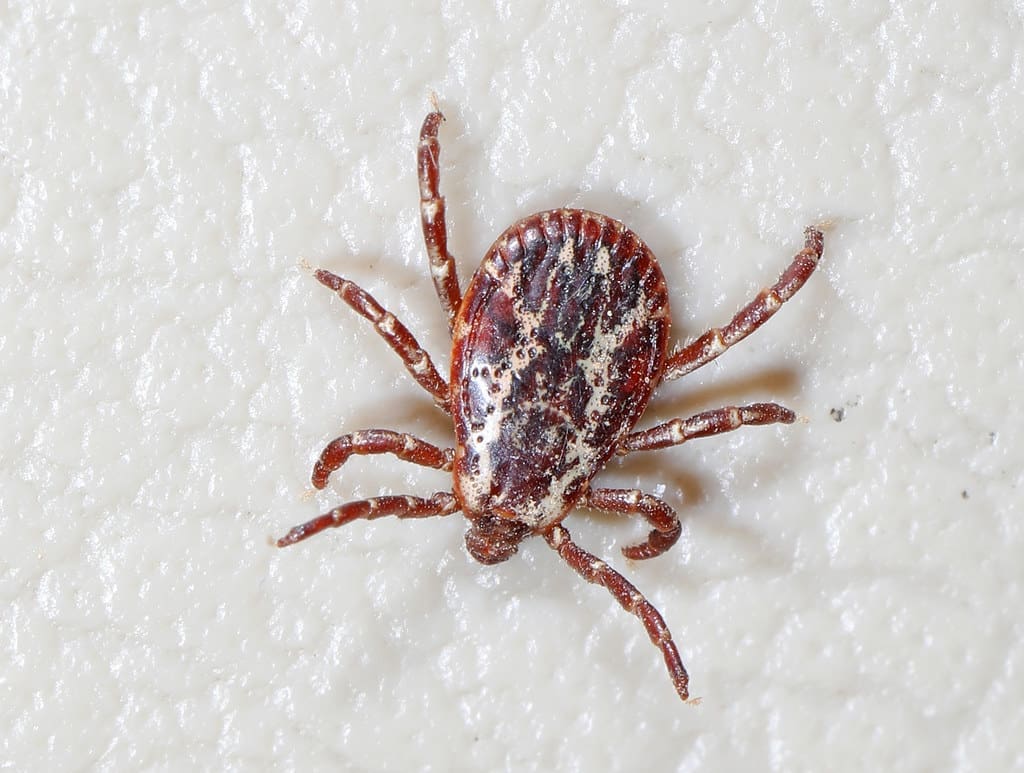With warmer weather arriving early, ticks are already active in Kansas, posing risks to humans, pets, and livestock. While many tick bites are harmless, some can transmit diseases like Lyme disease and Rocky Mountain spotted fever. Preventing bites is the best defense, especially in tall grassy areas where ticks thrive.
To reduce exposure, wearing long clothing, tucking pants into socks, and sealing entry points can help. After spending time outdoors, checking for ticks and washing clothes immediately is recommended. If a tick is found attached, remove it using steady, firm pressure with fingers or tweezers. Since ticks take 24 to 48 hours to transmit pathogens, early removal lowers infection risk.
Kansas is home to species like the American dog tick, lone star tick, and blacklegged tick. Some carry serious diseases, and the lone star tick can even cause an allergy to mammal products. Pet owners should consult veterinarians about acaricides for tick prevention.










